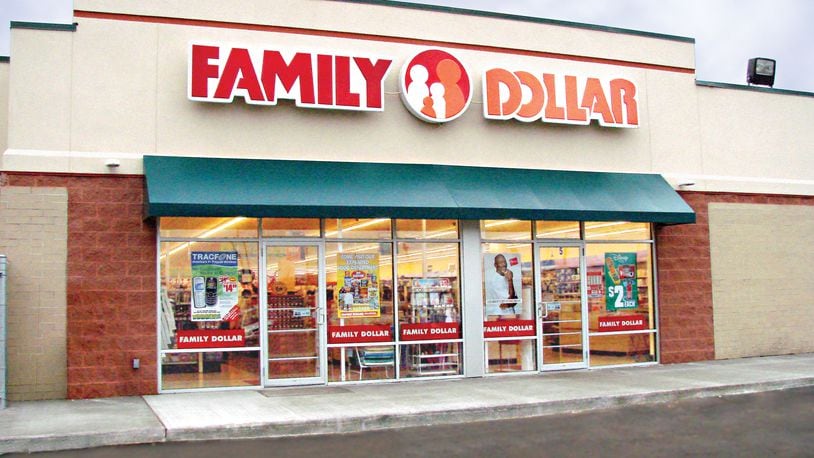They are among 35 stores listed in a WARN notice issued to the Ohio Department of Job & Family Services by Michael Atcovitz, Dollar Tree’s vice president of human resources. The closures, which Atcovitz said were set to occur “on or about April 20,” were projected to impact about 265 employees across the state.
Ohio is home to more than 400 Family Dollars, including nine locations in Butler County.
Family Dollar and other dollar stores are controversial, and some community members and hunger relief advocates say they have major downsides, such as they kill off the competition from grocery stores and other businesses that sell more nutritious food products.
Research shows that food is one of the most commonly purchased items at dollar chain stores, but these stores usually do not offer a wide array of fresh fruits and vegetables, lean proteins and other items that contribute to a healthy, wholesome diet, said Joree Novotny, executive director of the Ohio Association of Foodbanks.
Dollar stores in some communities pushed out grocery stores that sold a wider variety of fresh, wholesome and higher quality foods but that operated on very thin margins, Novotny said.
She said the proliferation of dollar stores has contributed to a growing number of food deserts, plus declines in fresh fruit and vegetable access and consumption.
Even so, Novotny said the statewide hunger relief network would see increased demand for food assistance in neighborhoods where these stores close.
“If these dollar stores close, after contributing to the loss of other food retailers in hard-to-serve communities, the immediate impact will be negative for household food security in affected neighborhoods and will require a collective response and significant public-private partnership to ensure affordable access to wholesome foods longer-term,” she said. “In the short-term, people will suffer from even higher rates of food insecurity.”
Dollar stores tend to move into low-income urban and rural areas, but store closures in urban areas shouldn’t have that large of an impact because often there are other dollar stores or retail establishments around, said Yasuyuki Motoyama, associate professor of city and regional planning at the Knowlton School at The Ohio State University.
Dollar store chains saw significant expansion in the last decade or longer, but there appears to be industry consolidation taking place and the chains may be closing stores that are near other dollar store locations that aren’t as profitable, Motoyama said.
